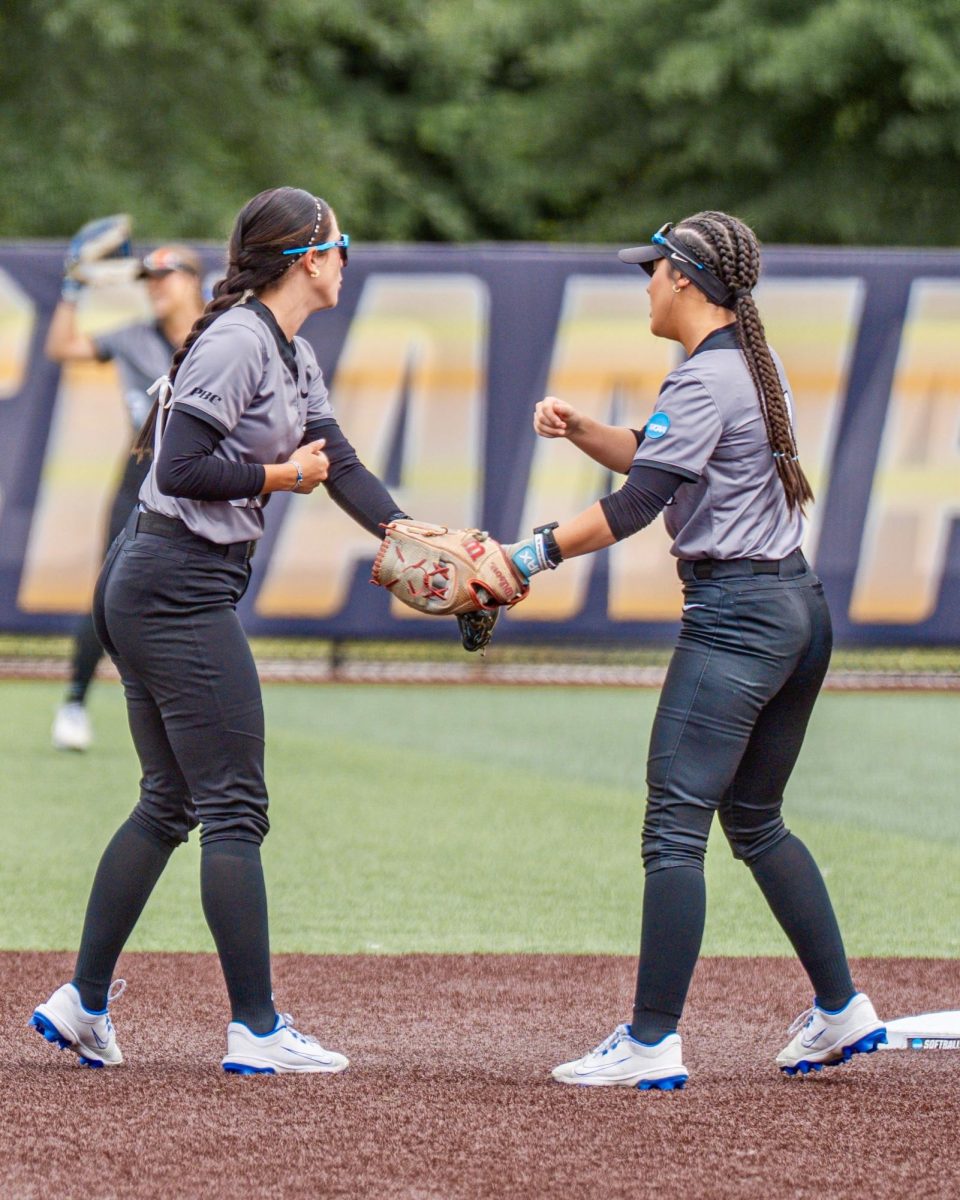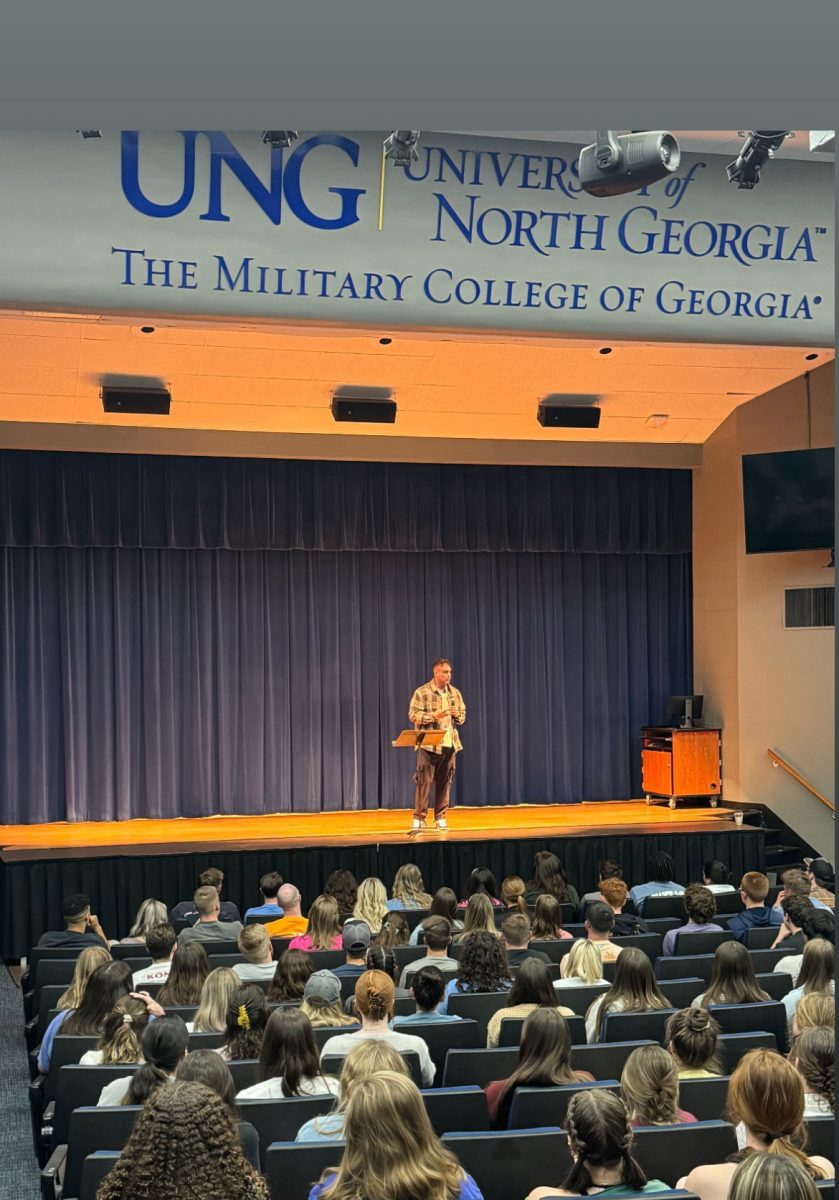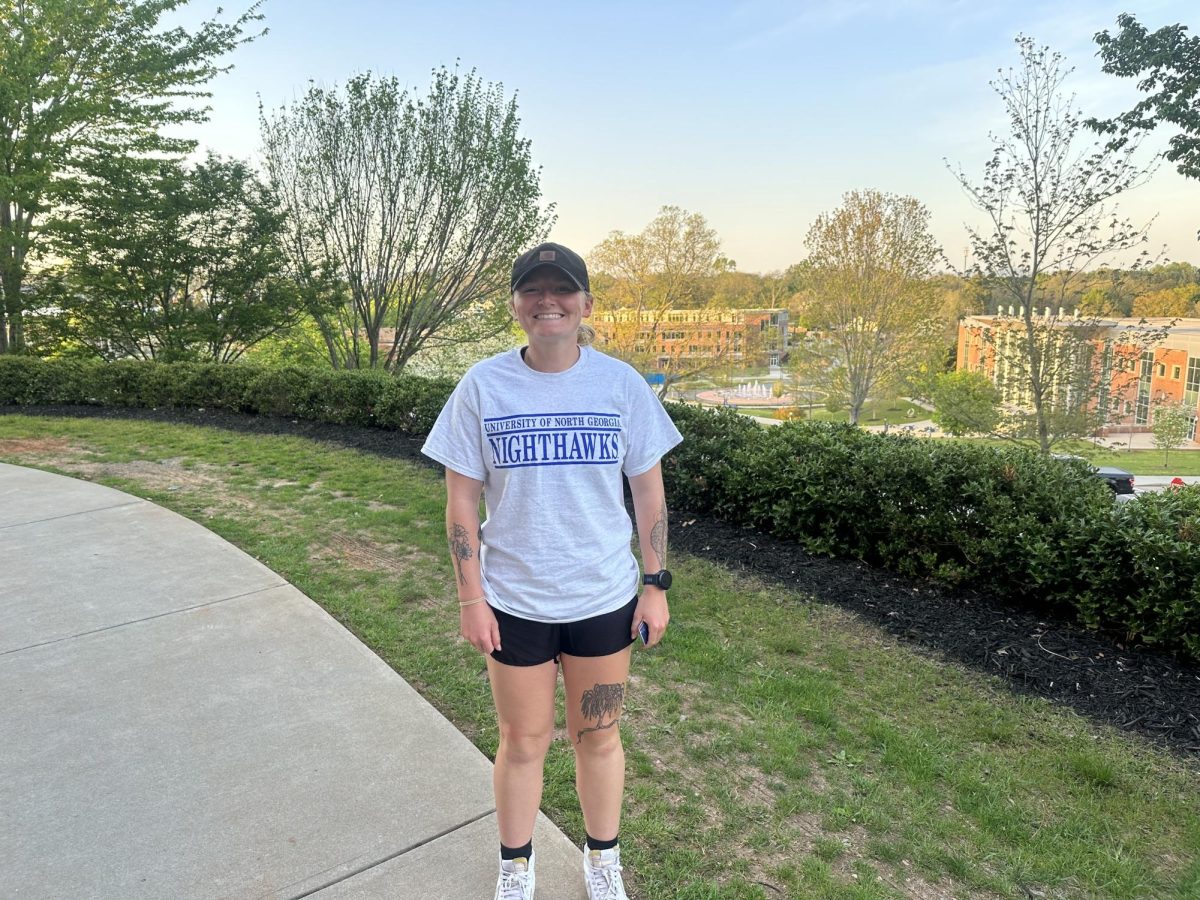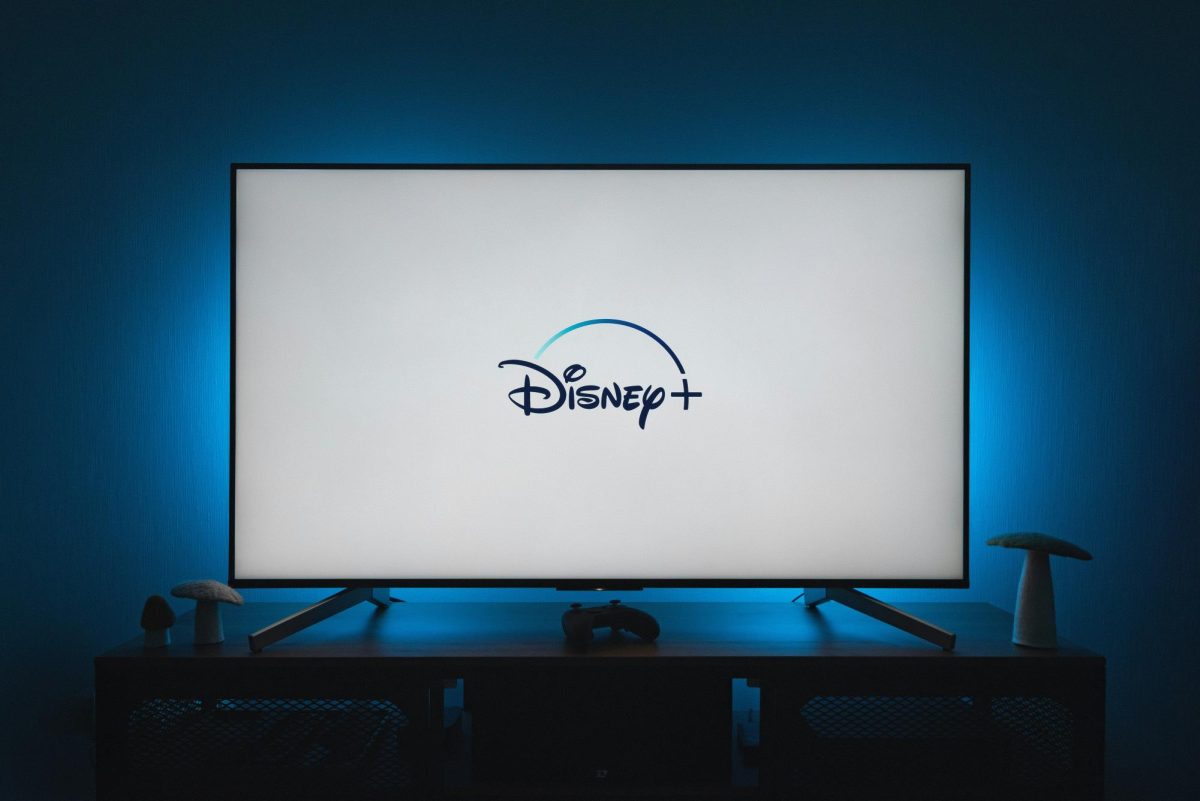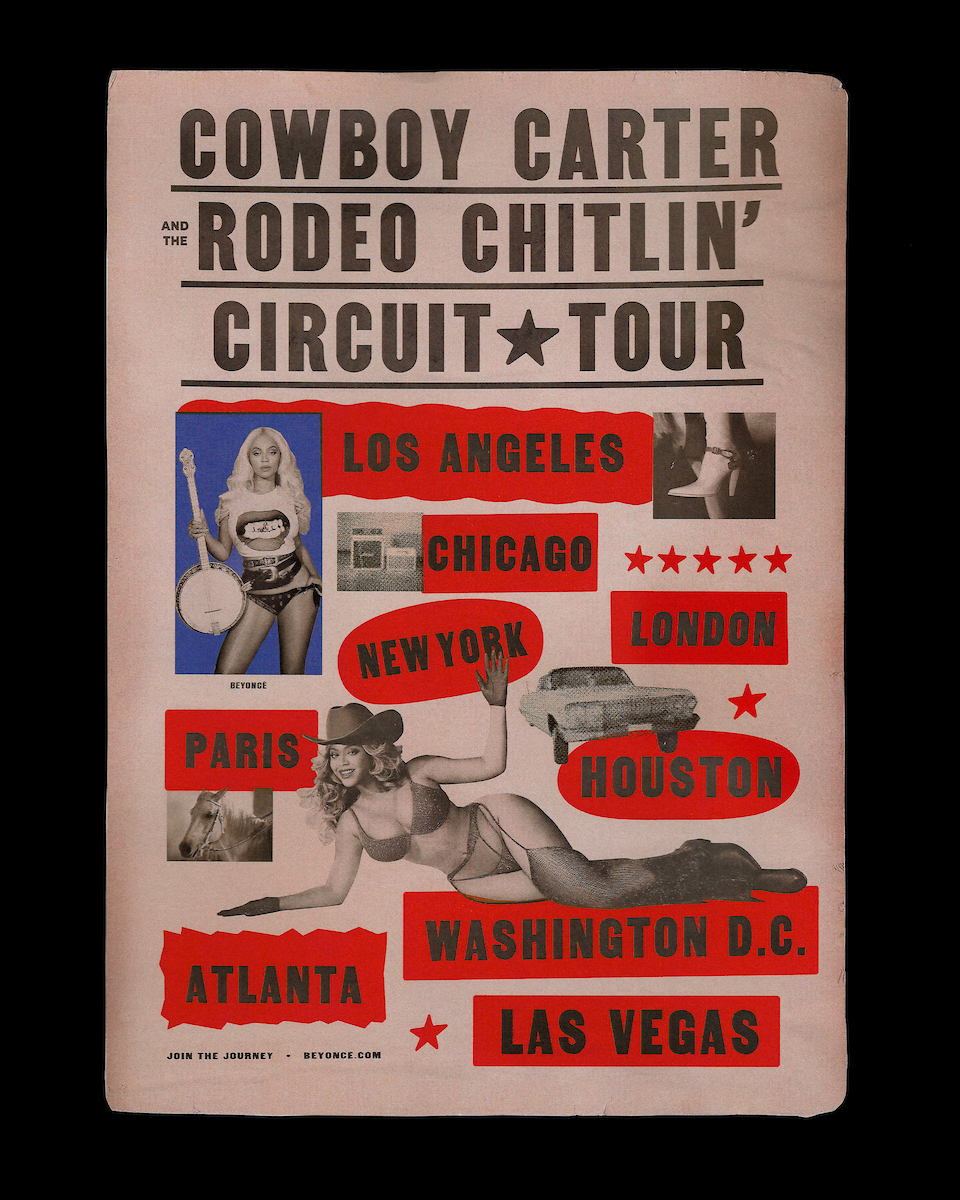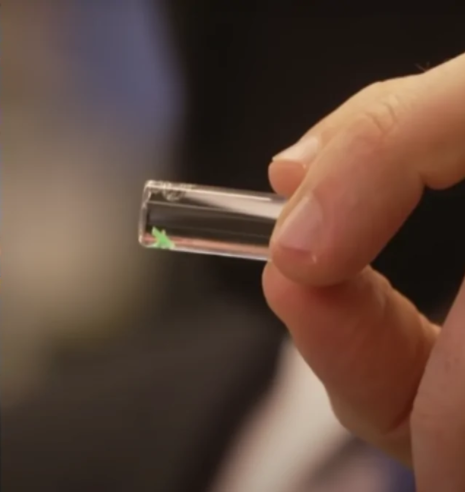On April 12, a team of U.S. scientists working as part of the U.S. Department of Defense revealed the creation of a microchip for military personnel that can detect COVID-19 when inserted under the skin.
After this revelation by the U.S. Department of Defense, many concerns, rumors, and even conspiracy theories began to arise. The main point of contention among skeptics is that the microchip may potentially be used to track people and find their location.
Daniel Barker, junior computer science major, has strong doubts and reservations about a microchip being used. “As a computer science major, I feel very squirrely about microchips being used at all. I feel like they have harmful potential and I would never use one personally,” Barker said.
As concerns about the new microchip have become more and more prevalent, experts and people informed on the topic have addressed rumors about tracking and attempted to ease concern about said microchip.
Defense Department researcher Dr. Matt Hepburn said that the microchip is analogous to a vaccine. “The microchip is a sensor that tells you if you are having chemical reactions in your body and are going to begin to have symptoms tomorrow,” said Hepburn.
Hepburn went on to explain how microchips would be a rather inefficient way to track people’s location. “The amount of data that a microchip can store is just bytes. Not megabytes, not kilobytes, just bytes. There’s really only so much data that a microchip would be able to provide. That wouldn’t tell us much of anything about any given person that we’d be tracking,” Hepburn said.
Defense Advanced Research Projects Agency (DARPA) scientist James Crowe pointed out that many people raising theories on the microchip being used to track people already have means by which they can be tracked.
“The overlap between people who use social media, which can be used to track your location, and people concerned about being tracked by the microchip is very large,” said Crowe.






